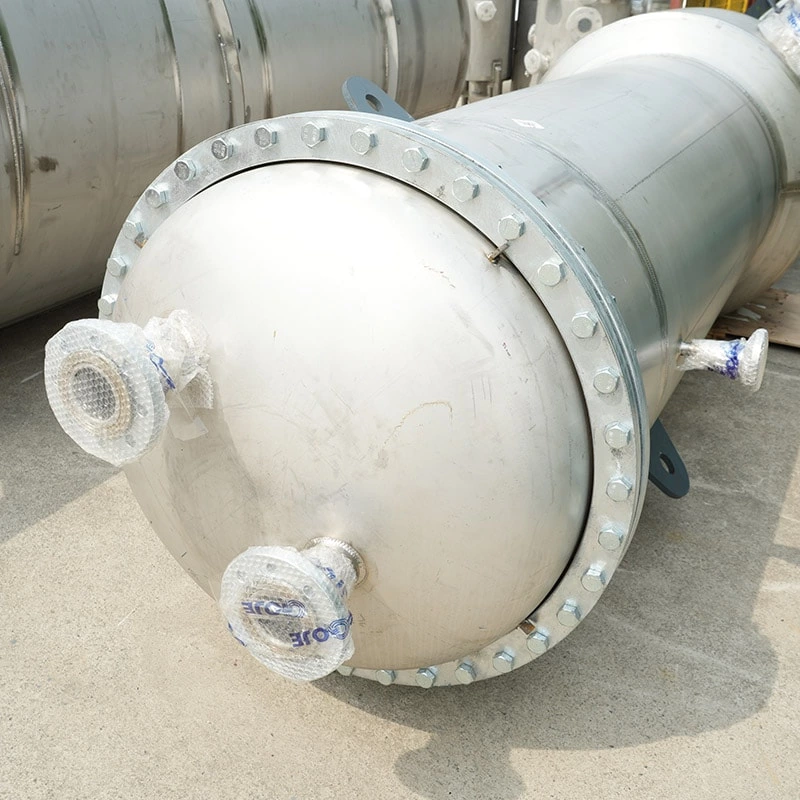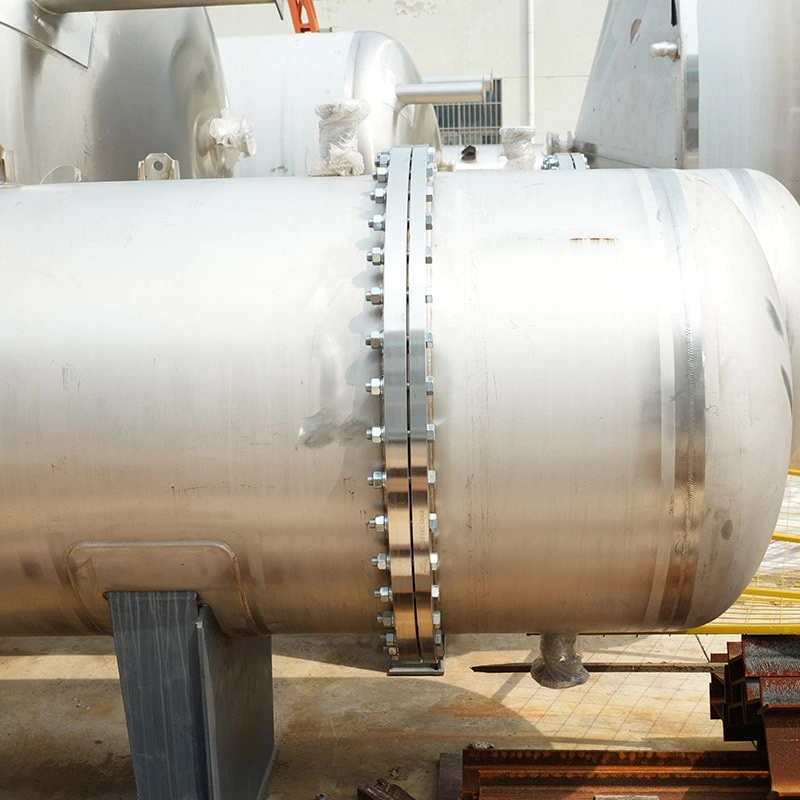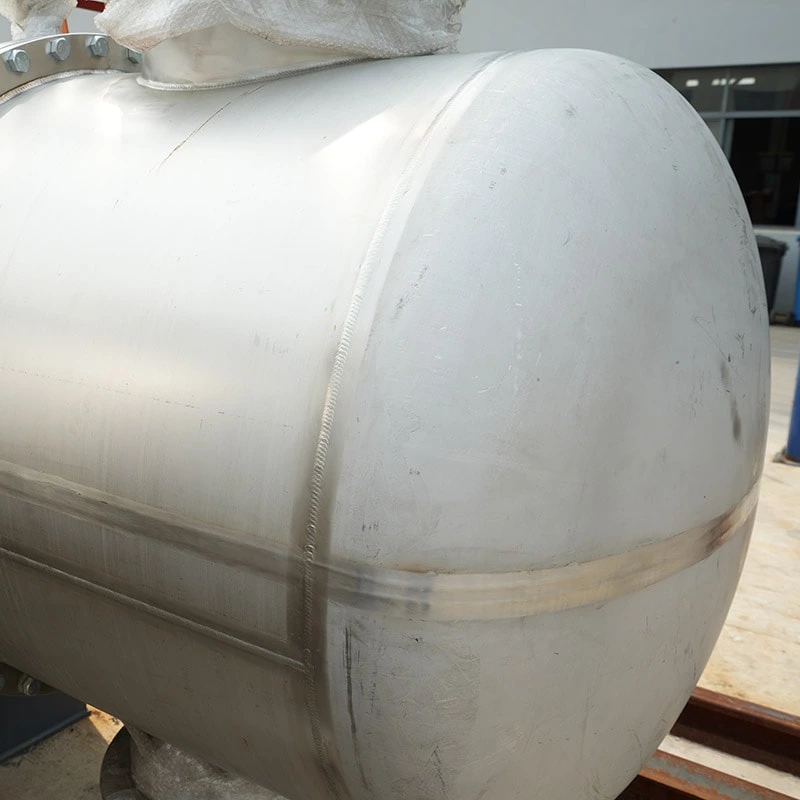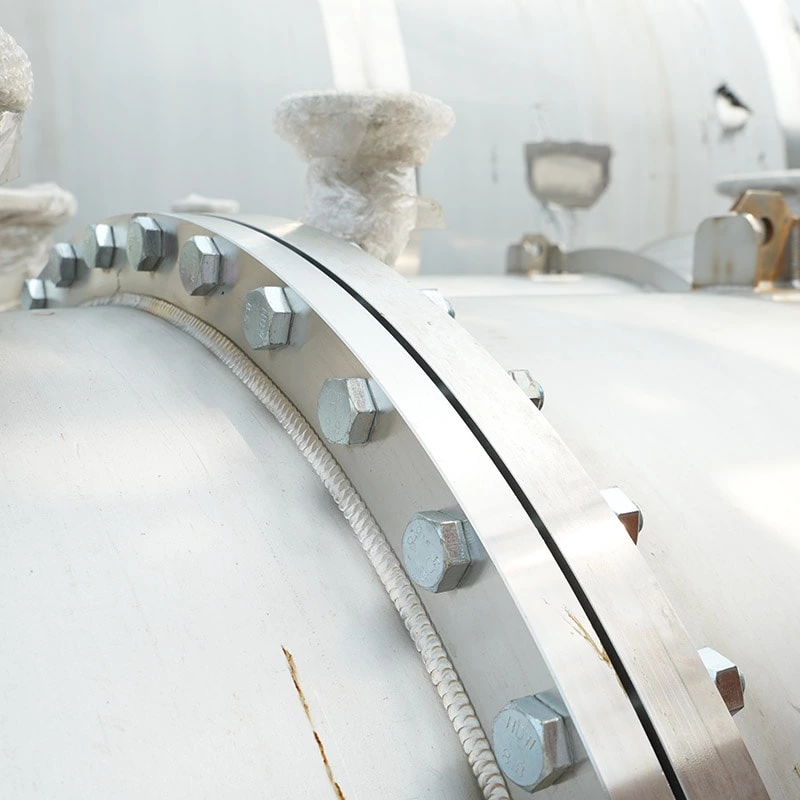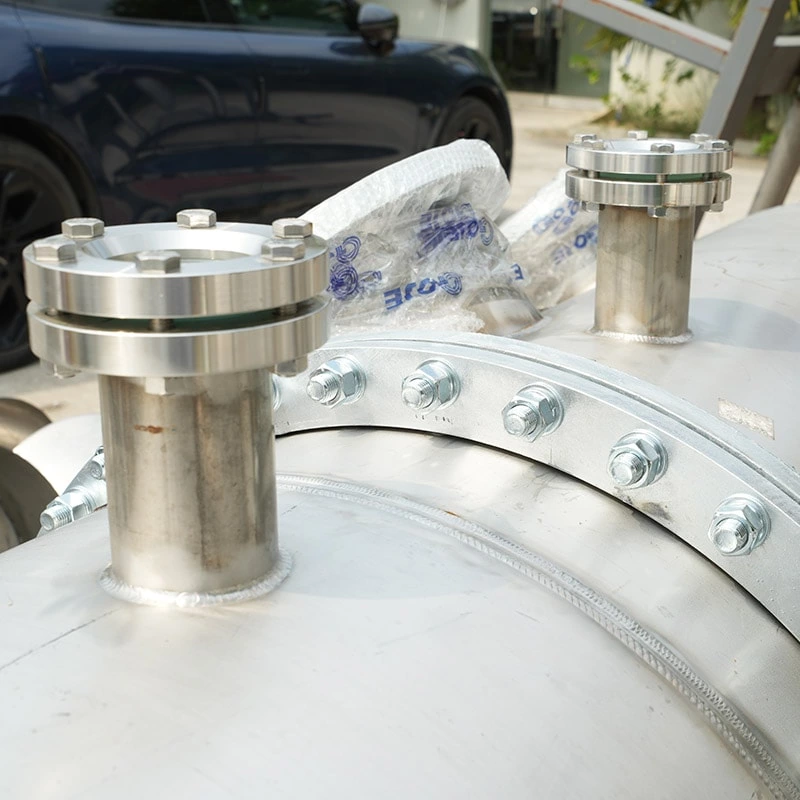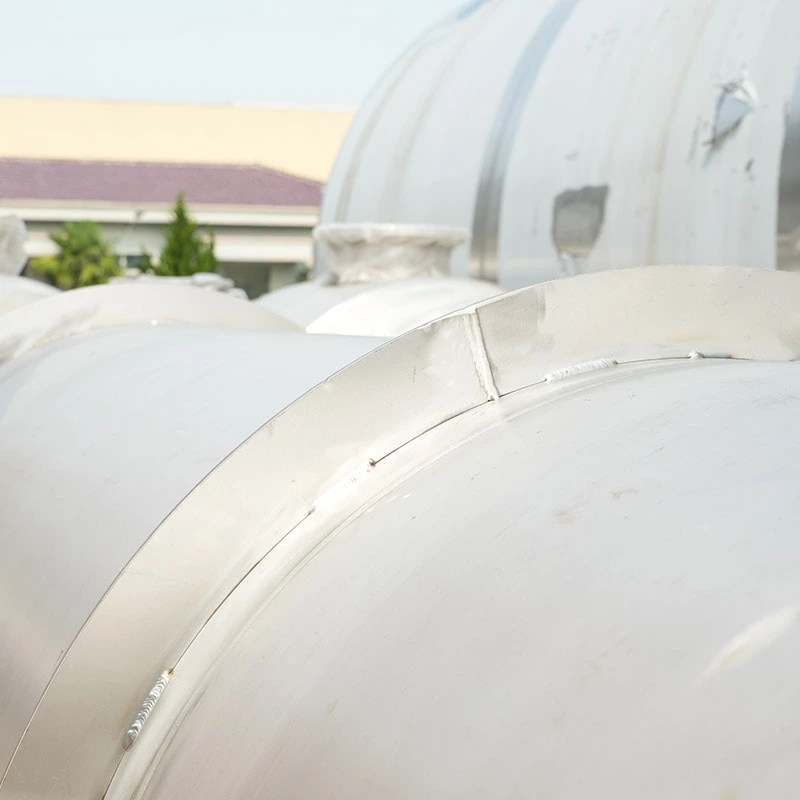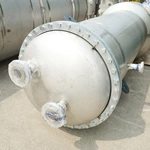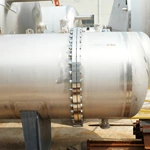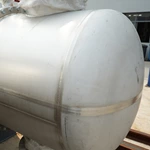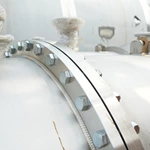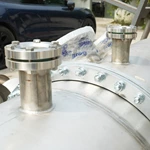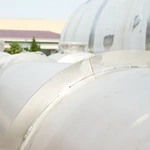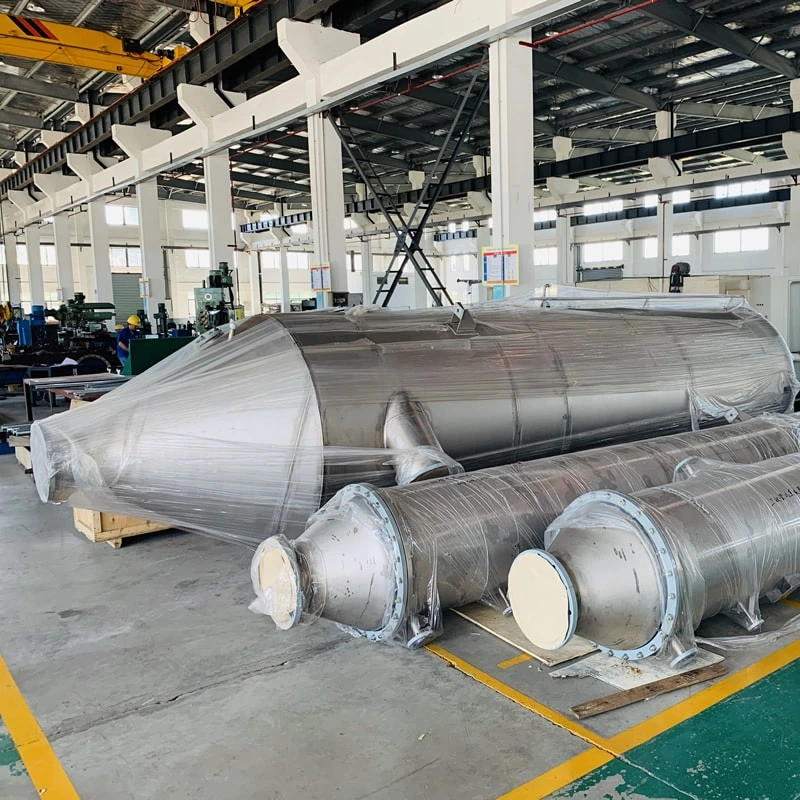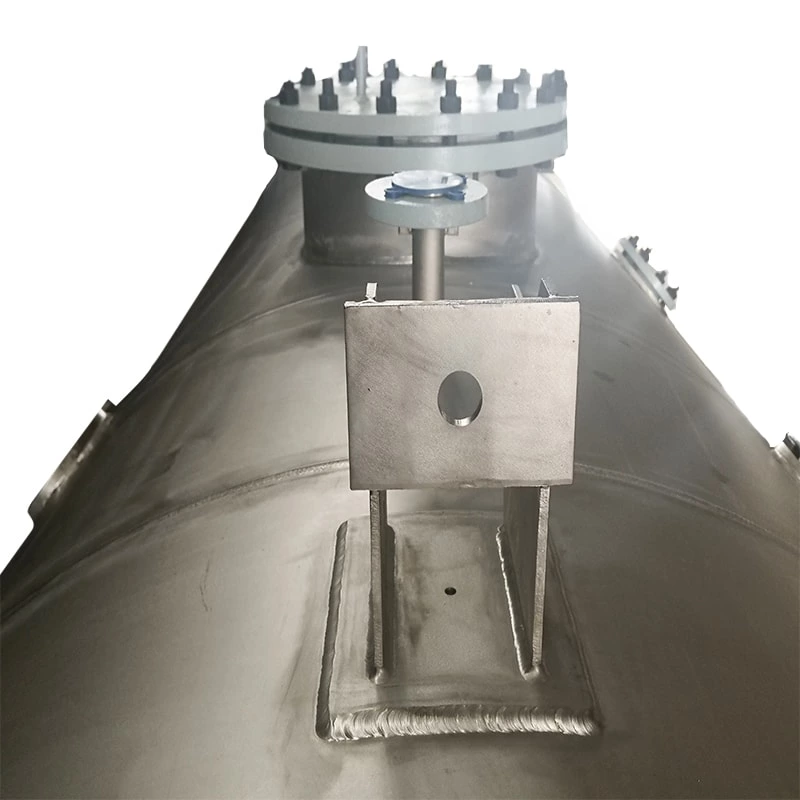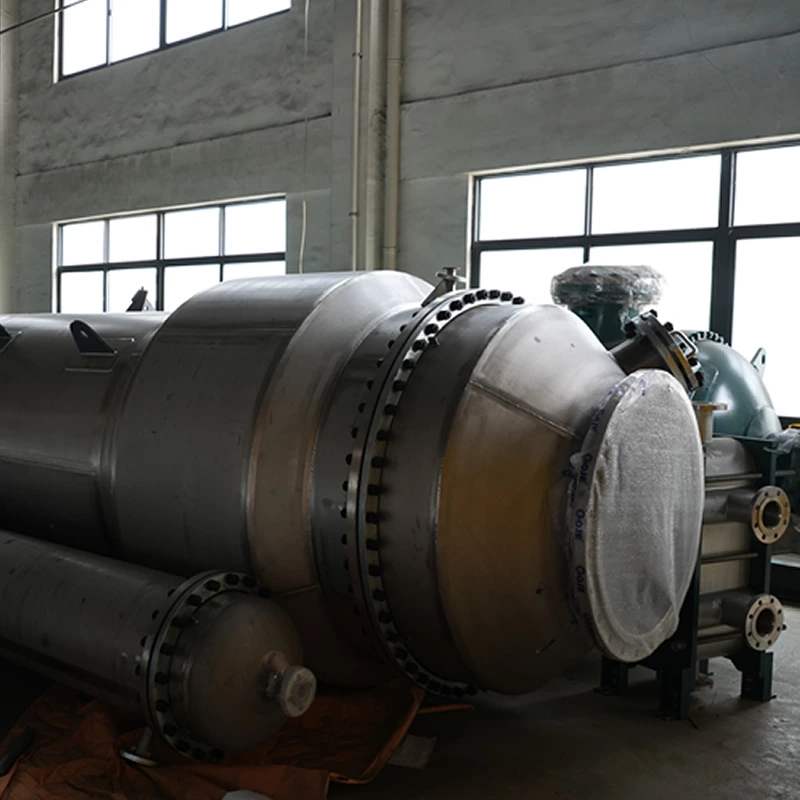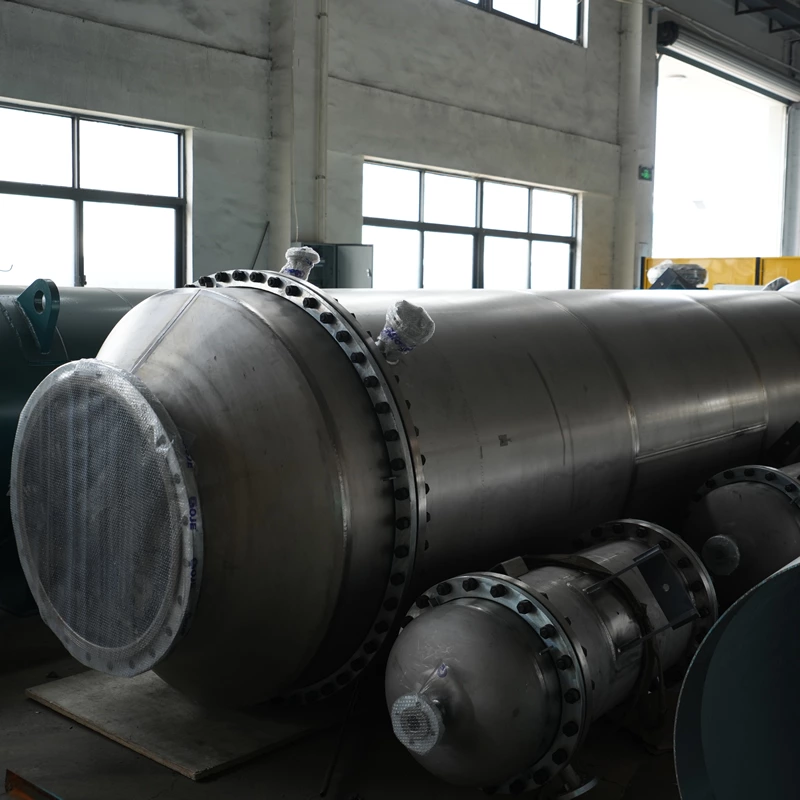Shell and tube heat exchanger GJ-LG30
Shell and tube heat exchangers are one of the most widely used heat exchange devices in the industrial field. They have reliable structures and strong adaptability, and are suitable for high-temperature, high-pressure and high-flow working conditions. Its core design is composed of components such as the shell, tube bundle, tube sheet and baffle plate
Characteristics
Modular Construction
It is composed of components such as the shell, tube bundle, tube sheet, baffle plate, and head. Each component can be independently designed or replaced (for example, changing the material of the tube bundle to adapt to different media), facilitating maintenance and customization.
Multi-process Configuration
Through the use of process separation baffles, multiple process combinations of the tube side (tube side) and the shell side (shell side) can be achieved (such as types 1-2, 2-4), flexibly adjusting the fluid path and flow rate, and optimizing the heat transfer efficiency.
Balance between Compactness and Expandability
The heat transfer area per unit volume is large, and the capacity can be expanded by increasing the length or quantity of the tube bundle, making it suitable for small-scale to large-scale industrial applications.
Energy Efficiency and Resistance Balance
By adjusting the pipe diameter, arrangement method (triangle/square), and baffle plate spacing, the ratio of pressure drop to heat transfer is optimized (such as the pressure drop in the shell side is usually 10-50 kPa).
